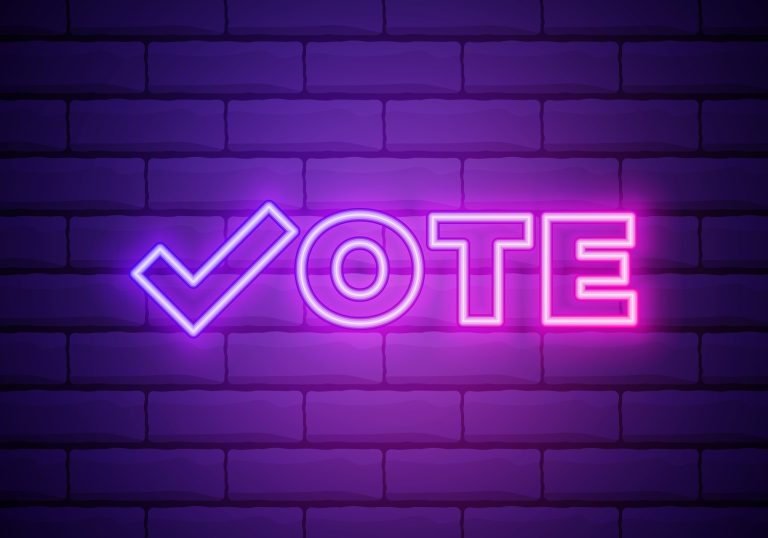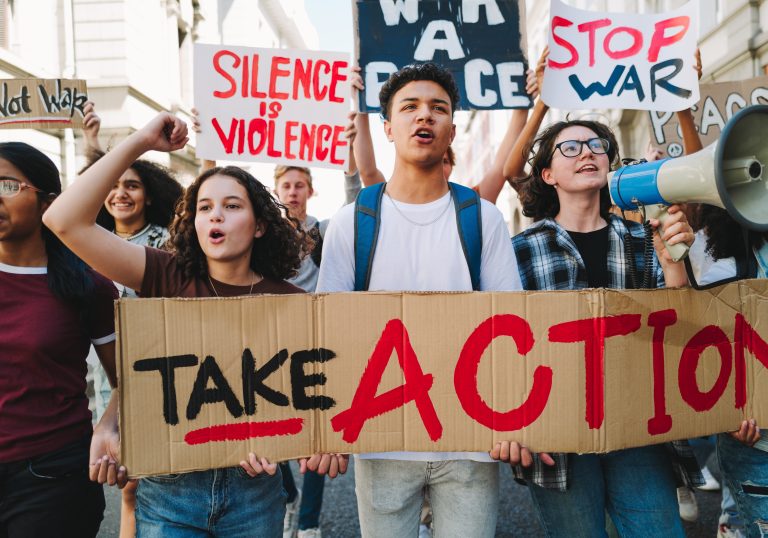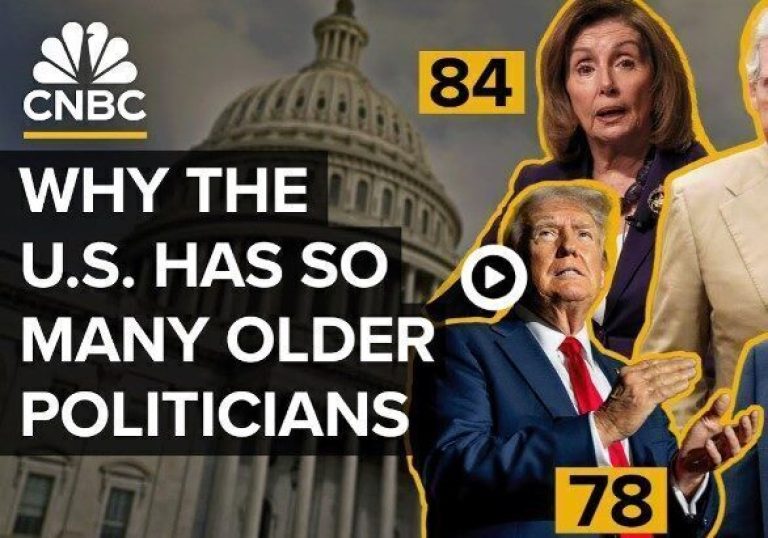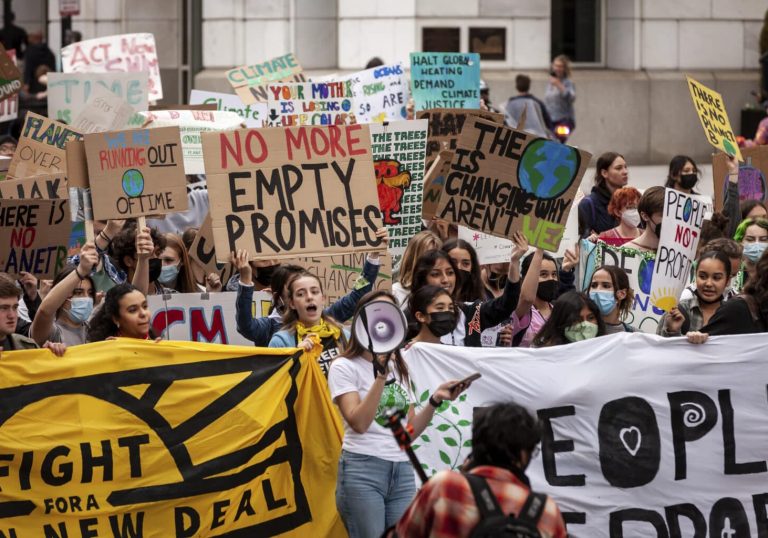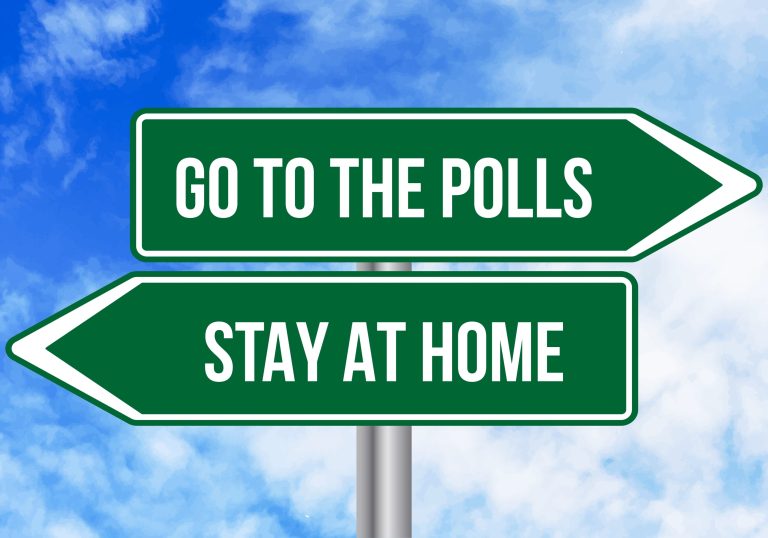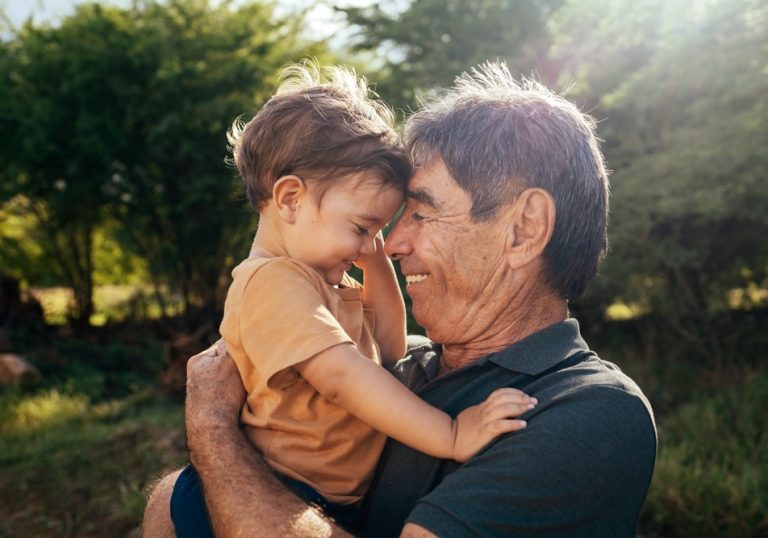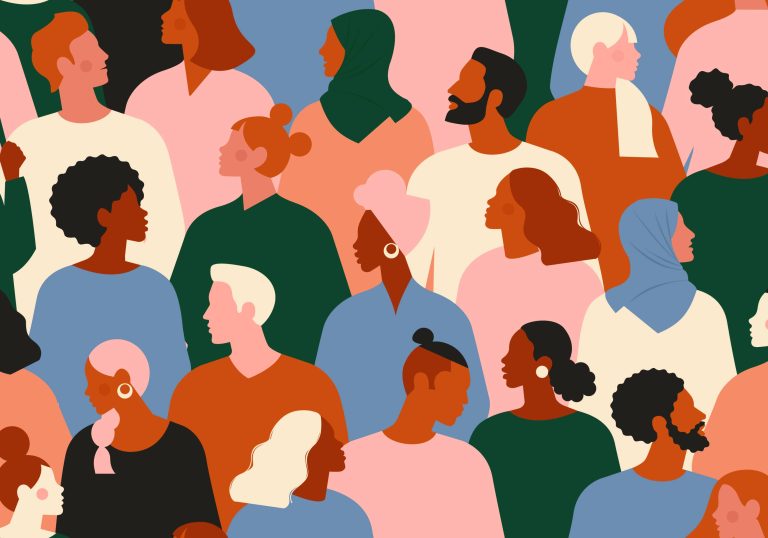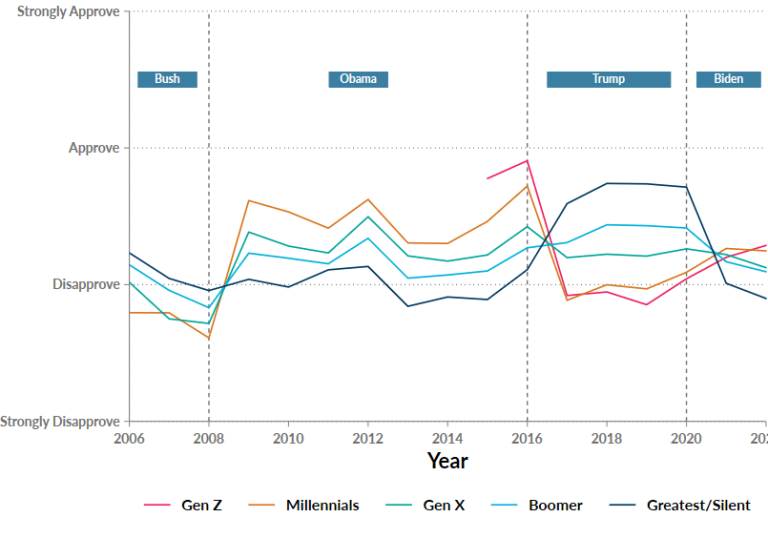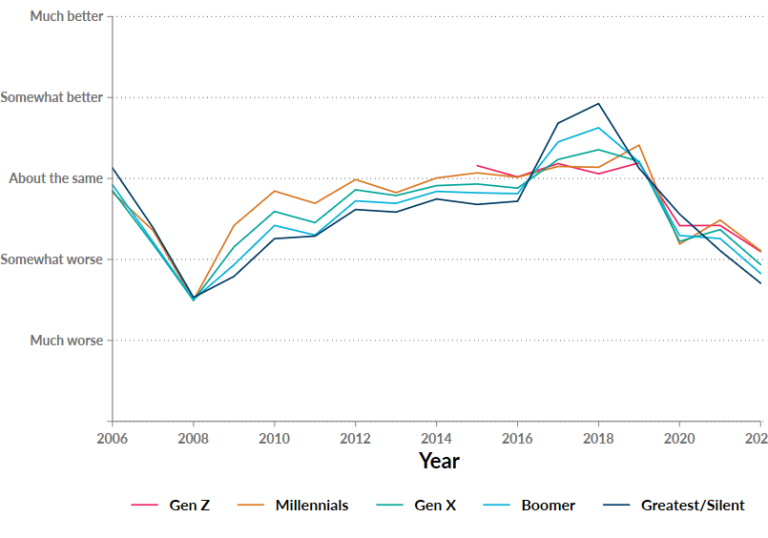A review of the research evidence, California’s historical context, and predicted turnout rates for 17-year-olds
Executive Summary
For over 50 years, the minimum voting age in the U.S. has been 18 years old for national, state, and most local elections. Yet in recent years, researchers, policymakers, and youth advocates across the U.S. and around the world have questioned whether the voting age should be lowered to engage more youth in the democratic process. The intent of this policy report is to inform the debate to lower the voting age in California to 17 for all elections (local, state, and national) as proposed by Senate Constitutional Amendment (SCA) 2.
In this policy brief, we first review key arguments and evidence from the research-base to lower the voting age below 18. We then briefly review the California context and the state’s own history of pushing forward reforms to lower the voting age in both statewide and local elections. Lastly, we present an analysis of data from the American Community Survey (ACS) along with data from the Cooperative Election Study (CCES) and the Current Population Survey (CPS) to provide estimates of how many 17-year-olds in California would be affected by this policy change, and how many 17-year-olds would have likely turned out to vote during recent presidential and midterm election years if the voting age were lowered.
We conclude that lawmakers in California should seriously consider extending voting rights to the roughly half million 17-year-olds residing in California. The best available research from developmental science provides strong evidence for the cognitive capacity of 17-year-olds to engage in the act of voting. Moreover, research from other countries that have successfully lowered the voting age shows that young people have higher turnout rates and are more likely to express greater levels of political maturity than those voting for the first-time at 18, and lowering the voting age may encourage lifelong voting habits that improve overall democratic participation. Despite our estimates that 17-year-olds in California may have the lowest turnout of any age group, recent surveys show that young people in California have a strong interest in lowering the voting age, and they are already expressing political engagement in other ways such as protesting or joining youth organizing movements. If California lawmakers do move forward with lowering the voting age to 17 in California, however, we offer two recommendations to consider:
- Improve California’s civic education infrastructure – Lowering the voting age is not enough to ensure democratic participation among all young people, and can actually lead to inequalities in who ends up voting. Equal access to high-quality civics courses and opportunities for ‘active’ civic learning have been shown to increase young people’s political engagement. Yet California’s current civic education infrastructure needs improvement. We therefore recommend that the state legislature also examine improving the state’s civic education in public schools alongside its consideration of lowering the voting age. Combining civics education with lowering the voting age has been a successful model in Austria where 16-year-olds have been found to have higher turnout rates than first-time voters 18+. This model was also successful in increasing youth turnout in Hyattsville, Maryland where 16-year-olds can now vote in local school board elections. Strengthening the state’s civic education could ensure that all students, regardless of socioeconomic status, have equal opportunities to participate in a broadened democracy.
- Protect legal definitions of adulthood – If lawmakers move forward with lowering the voting age, we also recommend that they simultaneously implement strong protections of existing legal definitions of adulthood in other domains such as the criminal justice and social welfare systems, or other laws surrounding the age of consent or access to tobacco and alcohol. Young people are also currently protected by regulations restricting campaign speech aimed at minors, but lowering the voting age makes young people vulnerable to becoming targets of special interests. Some legal scholars express concerns that lowering the voting age could be a ‘slippery slope’ for definitions of adulthood in other domains that could leave young adults without protections that they are afforded under current law.
